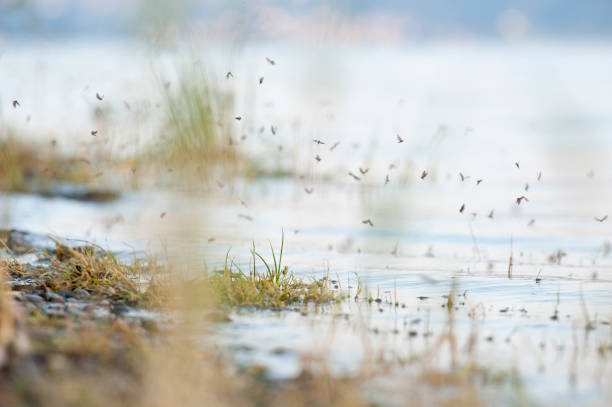Zika Virus Increases Mosquito Attraction, Enhancing Its Spread

New research has uncovered a troubling discovery: the Zika virus alters human skin, making infected individuals more attractive to mosquitoes. The study, published in Communications Biology, found that Zika changes the expression of genes in skin cells, increasing the production of volatile organic compounds (VOCs) that lure mosquitoes. This means infected individuals are more likely to get bitten—helping the virus spread even faster.
🦟 How It Works:
✔️ Zika modifies skin metabolism, increasing mosquito-attracting compounds.
✔️ Mosquitoes are drawn to infected individuals, feeding more frequently.
✔️ More bites = higher transmission rates of Zika and other mosquito-borne viruses.
This finding comes at a time when the Aedes aegypti mosquito, the primary carrier of Zika, is expanding into new regions due to climate change and urbanization. The virus has been reported in over 90 countries, with rising cases linked to the growing range of these mosquitoes.
Zika is particularly dangerous for pregnant individuals, as it can cause severe birth defects, including microcephaly, eye abnormalities, and developmental issues in newborns. Since there is no vaccine or treatment for Zika, prevention is the best defense:
✅ Use EPA-approved insect repellent
✅ Wear long sleeves and pants
✅ Eliminate standing water where mosquitoes breed
✅ Install and repair window screens to block mosquito entry
With climate change fueling the expansion of disease-carrying mosquitoes, staying proactive in mosquito control is more important than ever. Learn more about how to protect yourself and your community!
